The number of foreigners working in Japan has increased significantly over the past 10 years, reaching a record high of more than 1.72 million, according to a new report released by the Japanese Ministry of Health, Labor and Welfare.
Depression warning
If ranked by nationality, Vietnamese people have just become the largest group of foreign workers in Japan with more than 453,000 people, accounting for 26.2% of the total. With a growth rate of more than 16 times in the past 10 years, Vietnamese people have surpassed Chinese people (currently accounting for 23%) to become an important source of foreign human resources in Japan.
In this article, I would like to talk more about the mental health of Vietnamese people working in Japan. From September to October 2021, our research team led by Mr. Tadashi Yamashita, lecturer at Kobe Nursing College, conducted an online survey using a questionnaire with Vietnamese people living and working across Japan.
The average age of survey participants was 26, and the average length of stay in Japan was 3.4 years.
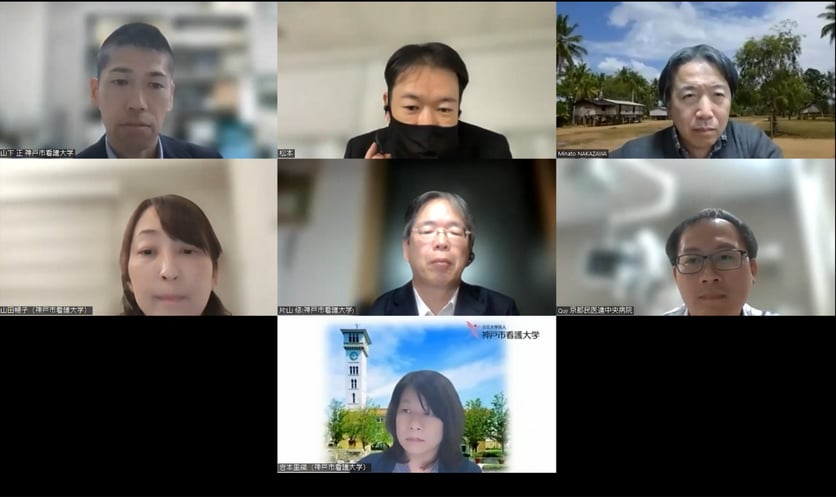
Dr. Pham Nguyen Quy (right cover, second row) and the authors conducted the survey. (Photo provided by the author)
Vietnamese people in Japan who need free advice on life, law or health can follow the JP-Mirai channel, which was established by the Japanese government last year https://portal.jp-mirai.org/vi.
Of the 621 participants, analysis showed that 203 (32.7%) had moderate to severe depressive symptoms and sought immediate medical attention.
Similar surveys of Japanese people during the COVID-19 pandemic showed that the proportion of people with moderate to severe depressive symptoms was much lower, around 10%-20%.
Most (81%) participants said they had experienced a decrease in income during the pandemic, with 215 experiencing a decrease of 40% or more, 243 experiencing a decrease of 10%-40%, and 46 experiencing a decrease of less than 10%.
In addition, 116 people (18.7%) said they had been laid off or unemployed and 398 people (64%) had their working days reduced due to the company's business situation. To the question "Do you consider yourself poor?", 287 people (46.2%) answered "somewhat poor" and 88 people (14.2%) answered "very poor".
More worryingly, many Vietnamese in Japan say they have no one nearby to consult about physical and mental health issues, reflecting the large proportion of Vietnamese people who are isolated while living and working in Japan.
When asked, “Do you have anyone to talk to about your health?”, 433 people (69.7%) answered “no”. Meanwhile, 136 people (21.9%) answered “talk to family”, 80 people (12.9%) “talk to Vietnamese or Japanese friends”. Only 4% said they connected with a health professional to get health advice.
Medical barriers
Through interviews with a number of Vietnamese, we found that the COVID-19 pandemic has had a major impact on the Vietnamese community in Japan. Not only has it reduced income, but social distancing policies have also prevented Vietnamese people from gathering and interacting with each other.
Lack of connection to community can make many people feel lonely, increasing anxiety - one of the factors that causes or worsens depression.
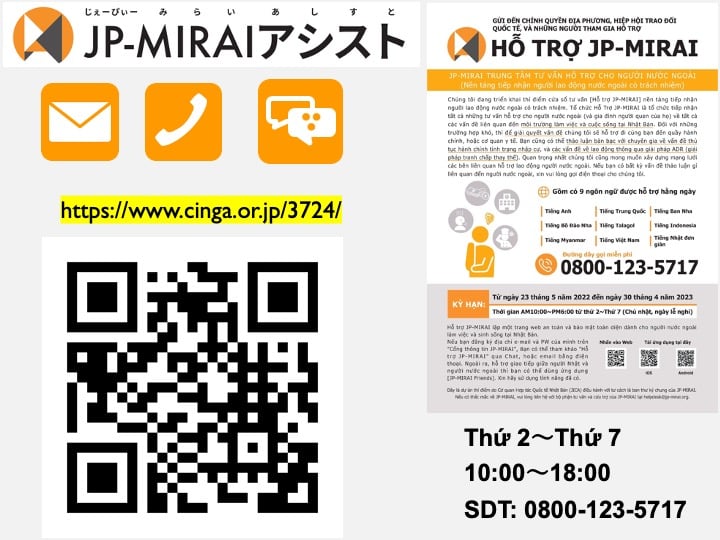
JP-Mirai Channel was established by the Japanese government last year.
Although most workers in Japan are in their 20s and 30s, a group that rarely suffers from chronic diseases such as high blood pressure and diabetes, there are increasing numbers of cases of work-related accidents and acute illnesses that require timely treatment.
A prominent issue facing the Vietnamese community is access to the health care, treatment, and consultation system in the Land of the Rising Sun.
"The Ministry of Health, Labor and Welfare and local governments have set up support consultation services, but it seems many Vietnamese people cannot use them. Language barriers and poor understanding of the medical system may be the cause of this situation," said Mr. Yamashita.
Although all workers, including trainees, are eligible to participate in the national health insurance in Japan to freely visit medical facilities at reasonable fees, many still have difficulty accessing these services because they are not good at Japanese and lack information about support organizations. In addition, a large number of people are low-income and have to work continuously, making it difficult to arrange time off to go to the doctor.
The fact that many Japanese medical staff are not fluent in foreign languages and are afraid to communicate with foreign patients also needs to be discussed. While the capital Tokyo has cheap or free medical interpretation channels for languages such as French, Spanish, Filipino, Korean, Chinese, etc., Vietnamese has not yet been included in this program because the Vietnamese community is "new" and may not have received adequate attention.
In addition to policy interventions to improve income and working environment for Vietnamese trainees, it is necessary to have programs to disseminate knowledge about mental health, guide actions when there are signs of insecurity, depression... to connect people in need of care with available support organizations in Japan.
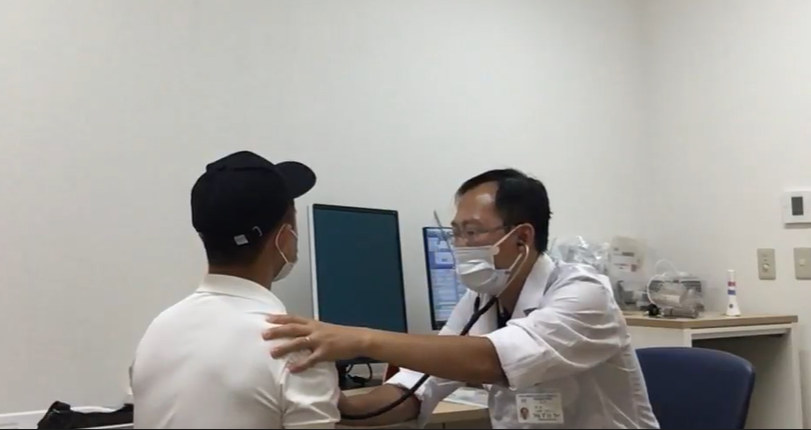
Dr. Pham Nguyen Quy examines a patient. Photo: PROVIDED BY THE AUTHOR
TITP Vulnerability
One of Japan’s prominent strategies is the Technical Intern Training Program (TITP) which aims to create opportunities for people from 14 Asian countries to learn and transfer the techniques and skills accumulated in Japan to contribute to the development of their home countries. In this program, Vietnamese interns dominate with more than 50% of the total.
However, in reality, many Vietnamese trainees are "filling the gap" in the face of labor shortages, especially in manufacturing industries such as food processing and electrical equipment assembly. This situation has been severely criticized because many small and medium-sized companies across Japan, especially in rural areas, recruit technical interns just to use cheap labor rather than to transfer technology in the true sense.
In addition, 2017 statistics show that 65% of workplaces accepting technical intern trainees are micro-enterprises (with fewer than 19 employees). Japanese law does not require such facilities to have medical supervisors, which can lead to delays in detecting and dealing with health problems that arise.
(*) The author works at Kyoto Miniren Central Hospital and Kyoto University. He is a co-founder of the Community Medicine Organization and the Tuberculosis Action Network in Japan.
Source




![[Photo] Closing of the 11th Conference of the 13th Central Committee of the Communist Party of Vietnam](https://vstatic.vietnam.vn/vietnam/resource/IMAGE/2025/4/12/114b57fe6e9b4814a5ddfacf6dfe5b7f)

![[Photo] Overcoming all difficulties, speeding up construction progress of Hoa Binh Hydropower Plant Expansion Project](https://vstatic.vietnam.vn/vietnam/resource/IMAGE/2025/4/12/bff04b551e98484c84d74c8faa3526e0)

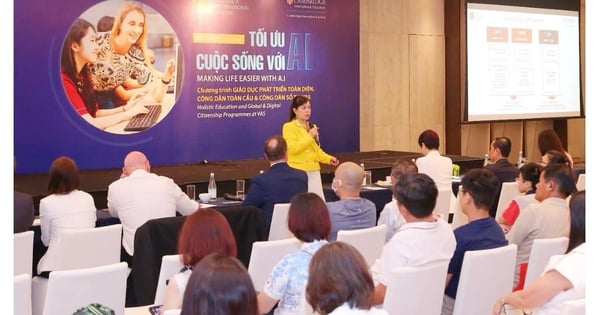
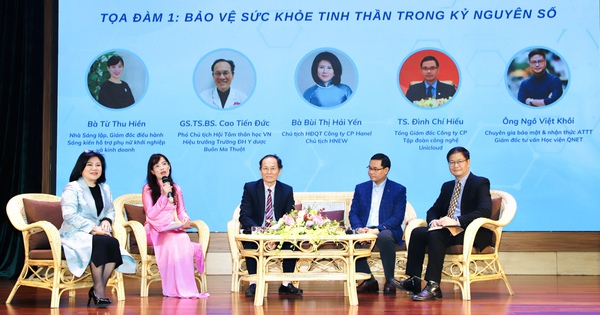

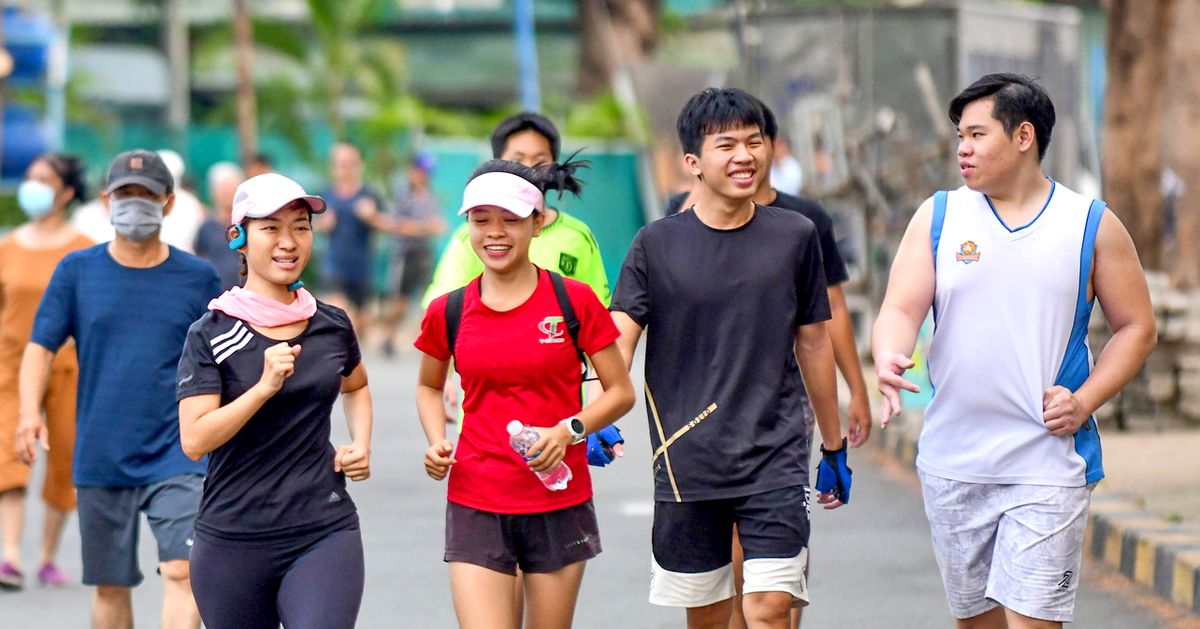




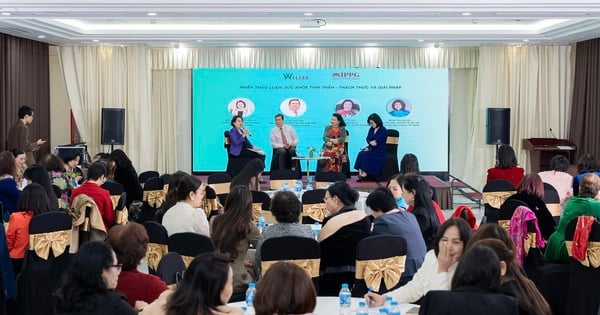

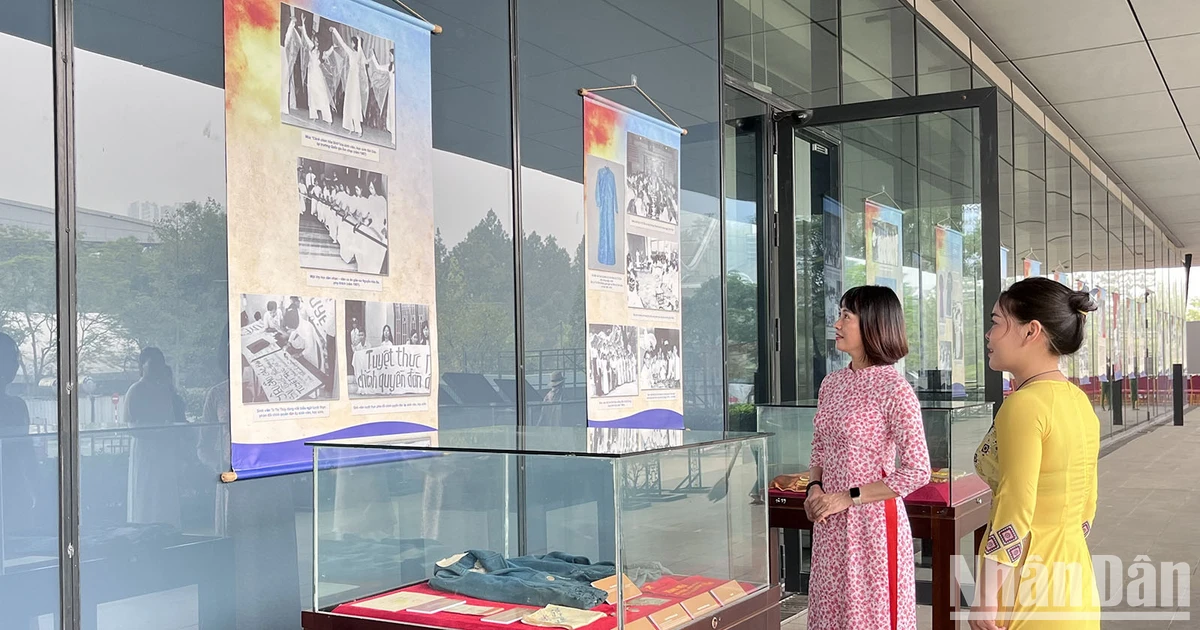
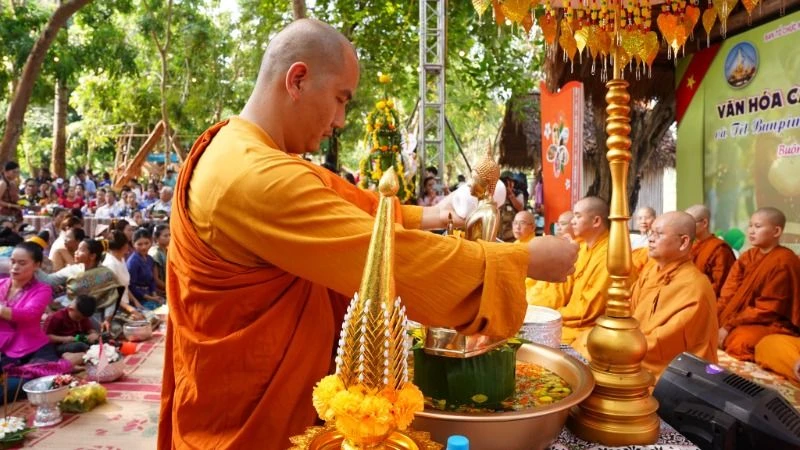
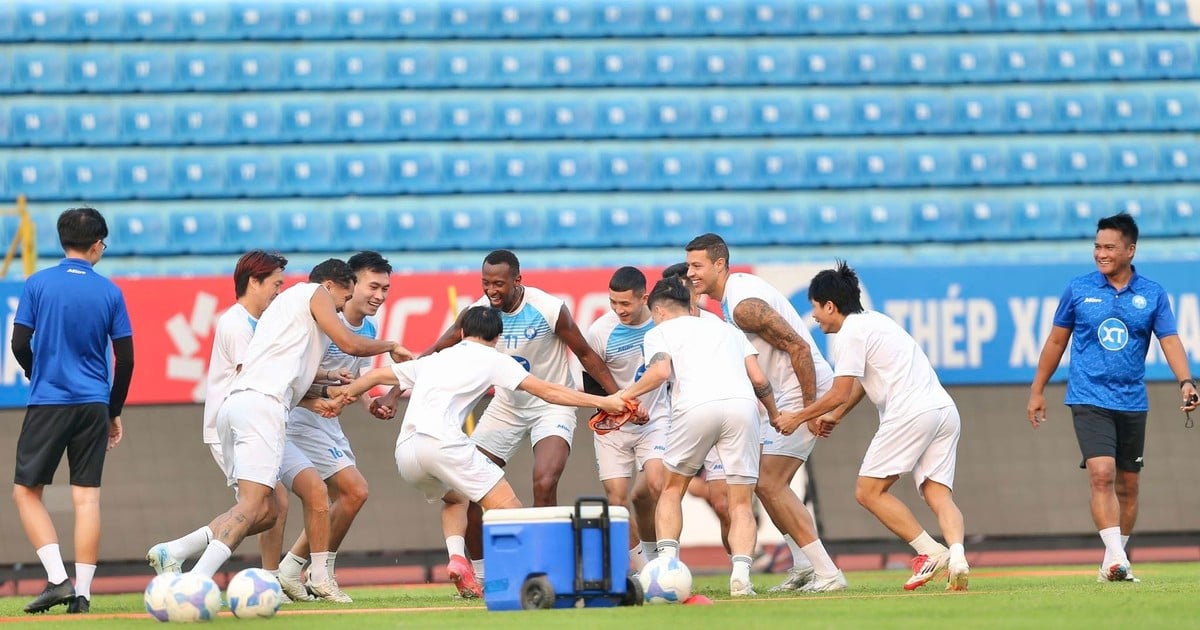

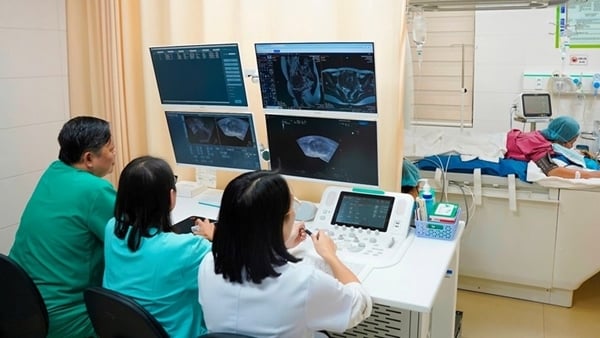




















































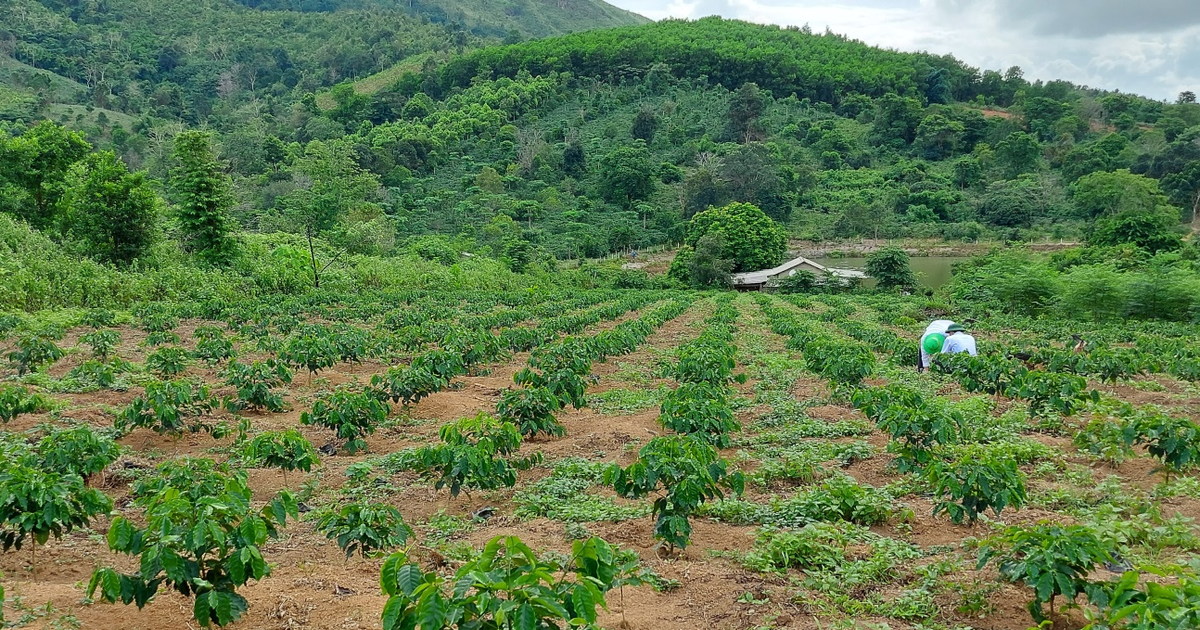




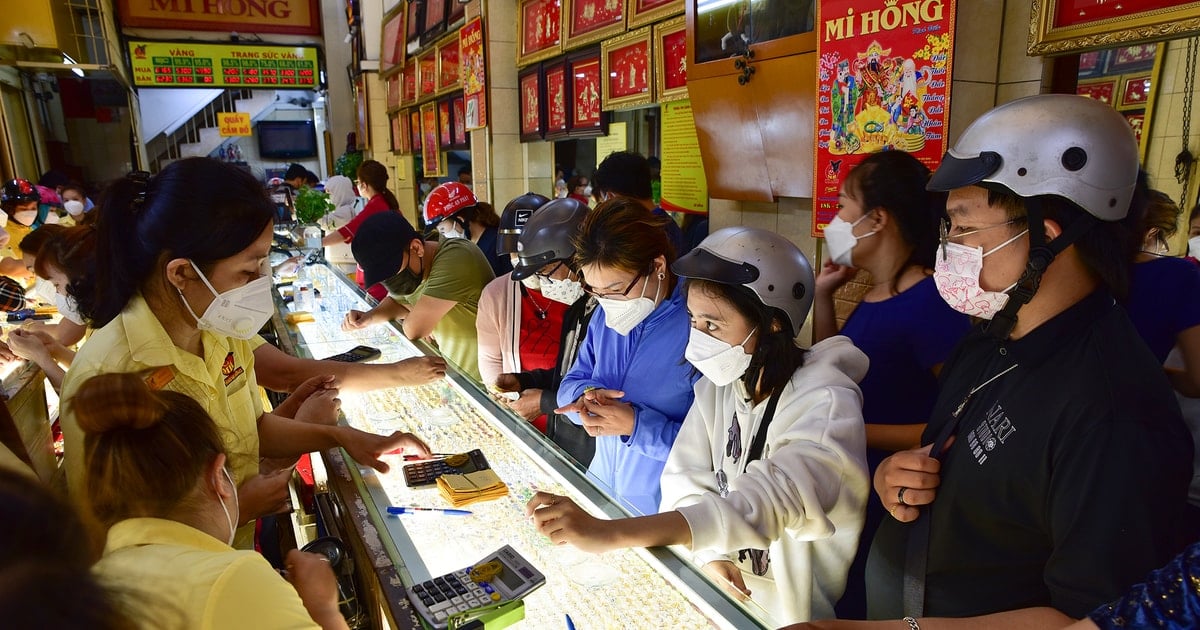

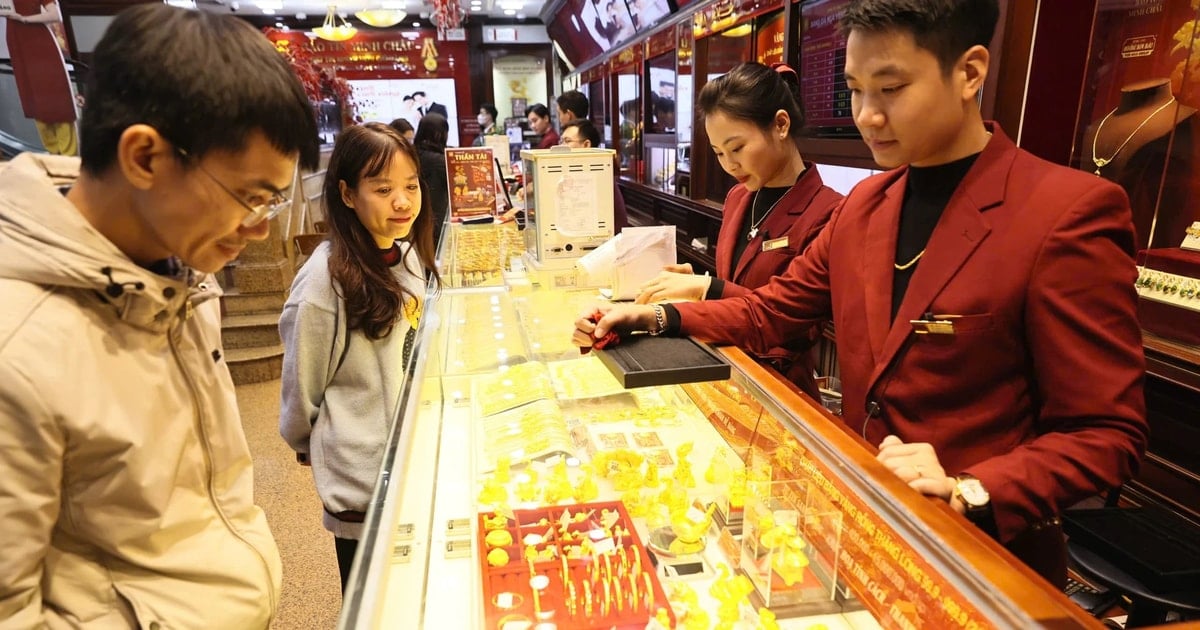











Comment (0)